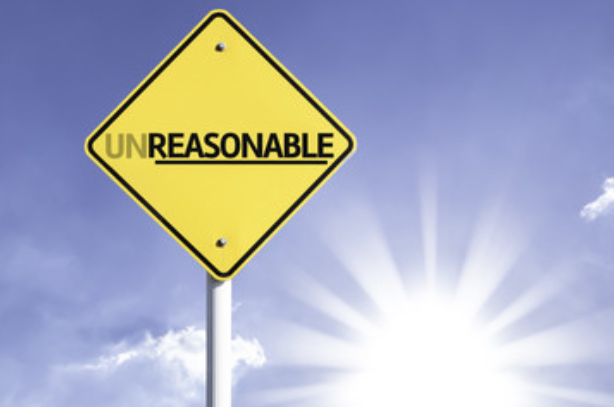|
There is this thing we often think we’re doing (deductive reasoning) when in fact we’re not. We’re inducing. I see it as a massive problem in why many people can’t seem to figure out their health and fitness. Deduction is clear and may move us toward conclusiveness. Induction is a fallacy.
People usually mix up validity and soundness when engaging with an argument (I covered this two days ago). And that’s if they ever actually get to an argument. Most of the time they don’t. They present an opinion, albeit an ostensibly expert or legitimate one (I covered this yesterday). On the rare occasion that people arrive at actual arguments, they predominantly conflate trend with mechanisms (I’ll cover this in “Correlation Is Not Causation: Trend Is Not Even Close to Mechanism” tomorrow). Closely related to that rational error is another fallacy: the inductive fallacy. Induction is tempting. As we gather more information, it becomes more tempting. As such, high level experts can be MORE prone to committing this logical error. But there is no point where induction becomes deduction. It is a fool’s hope of taking probability and demanding from probability the characteristic of guarantee. Example of induction: - The sun has risen every day this week. - Therefore, it will rise tomorrow. The conclusion is true, but NOT because of the flimsy premise, NOT because of probability. There are defined physical laws which make the sunrise what it is, gravitational pull, inertia, rotation of the earth, and so on. Example of expert induction: - The sun has risen every day of our peer-reviewed study. - Therefore, it will rise tomorrow. The conclusion is true, but NOT because of the rigor of the study cited in the premise. The premise has no bearing on the truth value of the conclusion at all. The seductiveness of induction is its ability to be right, even though it’s for all the wrong reasons. With humans, this is especially pernicious, because we are subject to suggestibility and self-fulfilling prophecy. Example: - I’ve always been fat. - Therefore, I will always be fat. This is an induction fallacy. It’s blind to mechanism. It’s presented no deductive argument. It’s an opinion wrapped in the appearance of argument. But its conclusion is highly probable, mostly because we fall prey to both familiarity and disempowerment. Some other common inductive fallacies I encounter: - My nutrition never gave me bad health before. - Therefore, my current health issue is unrelated to nutrition. - My lack of strength training never gave me orthopedic problems before. - Therefore, my current orthopedic problems aren’t due to lack of strengthening. - I can’t do that anymore. - It’s hopeless. A whole lot of inductive fallacy, opinion and lack of mechanism gets presented as if it carried some sort of value. With the passage of time, we accumulate damage and set in motion changes. People are keen to focus on that passage of time as the type of data-gathering our sunrise scientists performed. They caught a trend and missed the cause. They end up with a premise which is faulty, flimsy, and/or not at all applicable to the conclusion. A deductive argument will have a premise with which we can all wrestle. One person’s individual expertise doesn’t really pertain. Once we settle on an agreed-upon set of premises, if valid, we all arrive at the conclusion. If sound, we are all right. Induction does a lot of illusionist-like hand-waving. It can be sophisticated and considerably lengthier than the examples I gave. Any of the non-empirical sciences fall into this trap. That is, if we can’t test it in the now, we don’t have a known mechanism at play, we have an inductive component in the premises even in a seemingly deductive argument. Induction is not deduction.
0 Comments
Your comment will be posted after it is approved.
Leave a Reply. |
Elev8 Wellness
|
LIVE. AWESOME.We offer the highest quality in personal fitness, nutrition, and mindset coaching, helping you achieve your fitness, health, wellness and performance goals no matter the obstacle. With virtual online training and private, in-studio training we make it easier to reach your wellness goals safely.
No more can't. No more not good enough. If you compete in a sport, let your mind no longer hold you back from being the greatest. If you don't, let your mind no longer hold you back from being the best version of you that you can be. Sign-up for a Tour Covid Screen Waiver Elev8 Waiver Become an Elev8 Instructor Space Rental |
6244 lyndale ave. s., minneapolis, mn 55423
|
© 2021 Elev8 Wellness LLC. All Rights Reserved. site map | contribute | SITE BY Sproute Creative


 RSS Feed
RSS Feed
